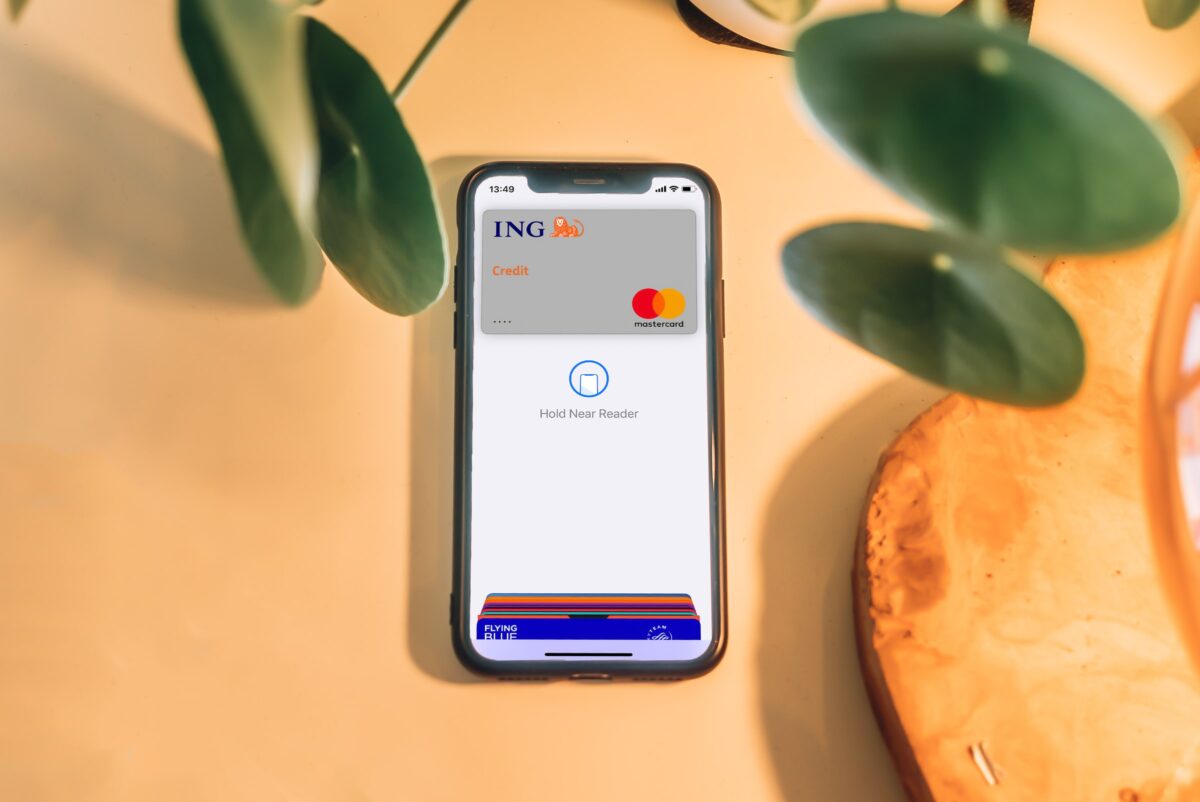Thirty years back, Tim Berners-Lee conceived basic yet ground-breaking norms for finding, connecting and introducing media archives on the web. He set them free into the world, releasing the World Wide Web.
Others became web extremely rich people, while Berners-Lee turned into the steward of the specialized standards planned to help the web thrive as a populist device of association and data sharing.
Be that as it may, presently, Berners-Lee, 65, accepts the online world has wandered off. A lot of force and an excess of individual information, he stated, live with tech goliaths like Google and Facebook — “storehouses” is the conventional term he favors, rather than alluding to the organizations by name. Powered by immense stores of information, he stated, they have become observation stages and guardians of advancement.
Controllers have voiced comparable grievances. The enormous tech organizations are confronting harder protection rules in Europe and some American states, driven by California. Google and Facebook have been hit with antitrust suits.
In any case, Berners-Lee is adopting an alternate strategy: His response to the issue is innovation that gives people more force.
The objective, he stated, is to advance toward “the web that I initially needed.”
“Units,” individual online information stores, are a key specialized fixing to accomplish that objective. The thought is that every individual could handle their own information — sites visited, charge card buys, exercise schedules, music streamed — in an individual information safe, normally a fragment of worker space.
Organizations could access an individual’s information, with authorization, through a safe connection for a particular errand like preparing an advance application or conveying a customized promotion. They could connection to and utilize individual data specifically, yet not store it.
Berners-Lee’s vision of individual information power remains in sharp difference to the collect and-crowd model of the enormous tech organizations. Yet, it has some echoes of the first web equation — a bunch of innovation principles that designers can use to compose programs and that business visionaries and organizations can use to construct organizations. He started an open-source programming venture, Solid, and later established an organization, Inrupt, with John Bruce, a veteran of five past new companies, to launch appropriation.
“This is tied in with making markets,” said Berners-Lee, who is Inrupt’s main innovation official.
Inrupt presented in November its worker programming for endeavors and government offices. What’s more, the startup is getting a modest bunch of pilot projects in progress decisively this year, incorporating ones with Britain’s National Health Service and with the public authority of Flanders, the Dutch-talking area of Belgium.
Inrupt’s underlying plan of action is to charge permitting expenses for its business programming, which utilizes the Solid open-source innovation however has improved security, the board and designer instruments. The Boston-based organization has brought about $20 million up in endeavor financing.
New companies, Berners-Lee noted, can assume a critical part in quickening the reception of another innovation. The web, he stated, truly took off after Netscape presented web-perusing programming and Red Hat presented to Linux, the open-source working framework, into corporate server farms.
Throughout the long term, organizations zeroed in on ensuring clients’ protection online have traveled every which way. The product of these “infomediaries” was regularly restricted and cumbersome, engaging just to the most protection cognizant.
However, the innovation has gotten quicker and more astute — and tension on the huge tech organizations is mounting.
Tech organizations have framed a Data Transfer Project, resolving to make individual information they hold convenient. It presently contains Google, Facebook, Apple, Microsoft and Twitter. The Federal Trade Commission as of late held a “Information to Go” workshop.
“In this changed administrative setting, there is a market opportunity for Tim Berners-Lee’s firm and others to offer people better approaches to control their information,” said Peter Swire, a protection master at the Georgia Tech Scheller College of Business.
Inrupt is wagering that believed associations will at first be the backers of units. The units are free for clients. In the event that the idea takes off, minimal effort or free close to home information administrations — like the present email administrations — could arise.
The National Health Service has been working with Inrupt on a pilot project for the consideration of dementia patients that moves from improvement into the field this month. The early objective is to give guardians admittance to a more extensive perspective on patients’ wellbeing, necessities and inclinations.
Every patient has a Solid case with an “About Me” structure with data presented by the patient or an approved family member, enhancing the individual’s electronic wellbeing record. The unit may list that the patient necessities help for every day assignments like getting up, binds shoelaces or going to the restroom. It may likewise incorporate what calms the patient when upset — maybe blue grass music or exemplary old films. Afterward, action information from an Apple Watch or Fitbit could be added.
The clinical objective, said Scott Watson, specialized chief on the pilot project, is improved wellbeing and better consideration that are less distressing for the patient. “Also, it’s an essential change by they way we share data in medical services frameworks,” he said.
The underlying venture will start with up to 50 patients in the Manchester locale and be assessed in a couple of months.
In Flanders, an area of in excess of 6 million individuals, the public authority trusts the new information innovation can sustain openings for neighborhood business visionaries and organizations and new administrations for residents. Individual information in units can be connected with public and private information to make new applications, said Raf Buyle, a data engineer for the Flanders government.
One potential application, Buyle stated, might recommend courses and methods of movement for work drives, when COVID-19 limitations are lifted. Such an application, he stated, could join area information from an individual’s cell phone, with inclinations for exercise and lessening the carbon impression, and climate and public vehicle timetables and bicycle or bike rental pickup destinations.
“A large portion of the cool use cases will come from organizations assembling new applications on top of the information,” Buyle said.
For Berners-Lee, the Solid-Inrupt adventure is a fix-it project. He has spent his profession supporting data sharing, transparency and individual strengthening on the web — as overseer of the World Wide Web Consortium, leader of the Open Data Institute, and a scholastic at the Massachusetts Institute of Technology and Oxford University. His honors incorporate a Turing Award, regularly called the Nobel Prize of software engineering. In his local England, he is a knight — Sir Tim.
“Be that as it may, Tim has gotten progressively worried as force in the advanced world is weighted against the individual,” said Daniel Weitzner, a chief exploration researcher at the MIT Computer Science and Artificial Intelligence Laboratory. “That move is the thing that Solid and Inrupt are intended to address.”
The push to give people more prominent command over their information, Berners-Lee stated, regularly starts as a protection issue. However, another arrangement on information, he stated, will require business visionaries, designers and financial specialists to see openings for new items and administrations, similarly as with the web.
The long view is a flourishing decentralized commercial center, energized by close to home strengthening and coordinated effort, Berners-Lee said. “The end vision is ground-breaking,” he said.
Regardless of whether his group can understand that vision is unsure. Some in the field of individual information state the Solid-Inrupt innovation is excessively scholastic for standard designers. They additionally question whether the innovation will accomplish the speed and force expected to turn into a stage for future applications, similar to programming partners vivified by an individual’s information.
“Nobody will contend with the course,” said Liam Broza, an organizer of LifeScope, an open-source information project. “He’s on the correct side of history. However, is the thing he’s doing truly going to work?”
Others state the Solid-Inrupt innovation is just essential for the appropriate response. “There is bunches of work outside Tim Berners-Lee’s task that will be crucial to the vision,” said Kaliya Young, co-seat of the Internet Identity Workshop, whose individuals center around advanced character.
Berners-Lee said that his group was not concocting its own character framework, and that anything that worked could plug into its innovation.
Inrupt faces a progression of specialized difficulties, however none that are “go-to-the-moon hard,” said Bruce Schneier, a notable PC security and protection master, who has joined Inrupt as its head of security engineering.
Furthermore, Schneier is a self assured person. “This innovation could open a colossal measure of development,” possibly turning into another stage as the iPhone was for cell phone applications, he said.
“I think this has a decent potential for success of changing how the web functions,” he said. “Strangely, Tim has done it previously.”




